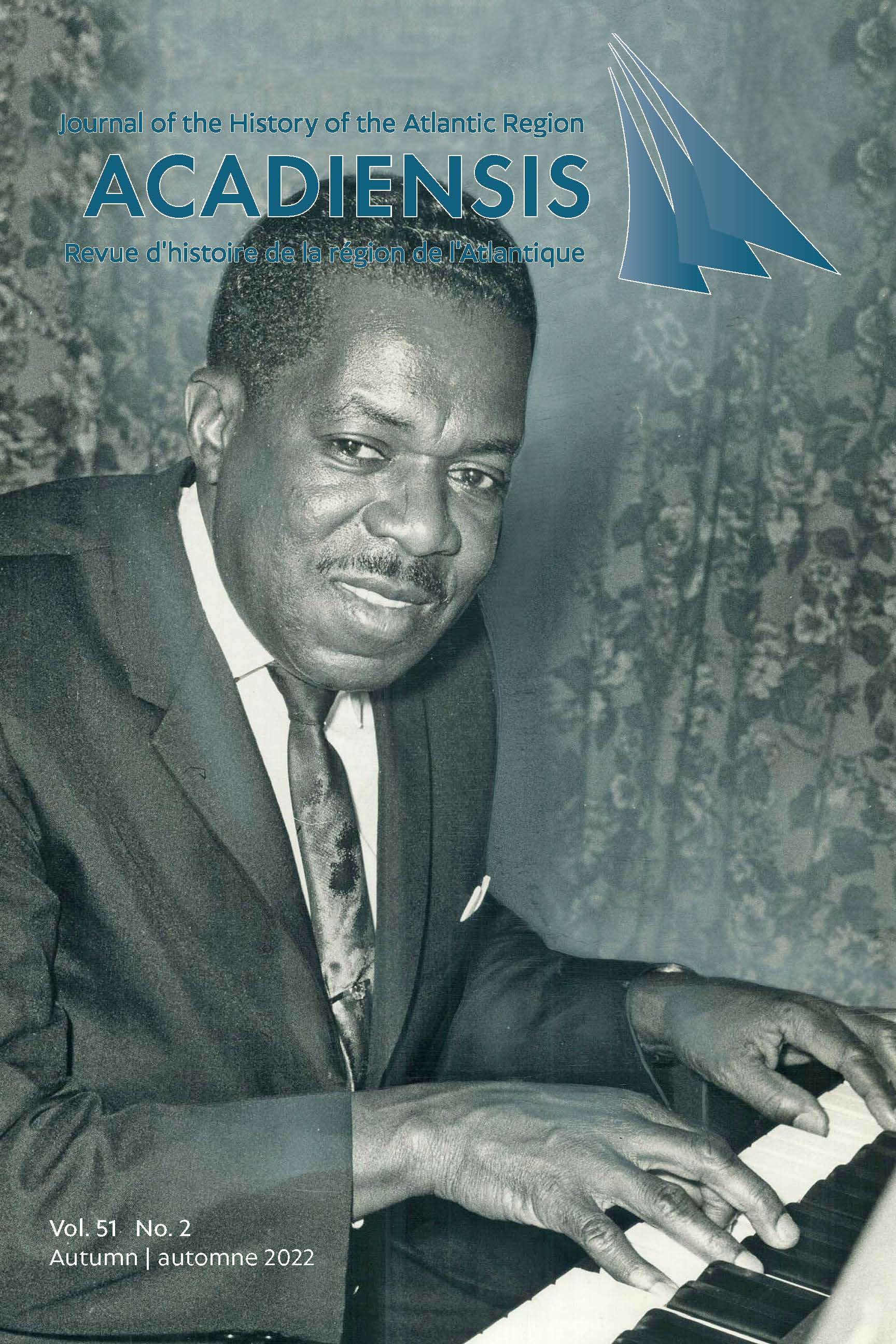Abstract
Historical evidence of enslaved people and Black Loyalists testifies to how slavery linked the Maritime and Caribbean colonies. These sources sometimes offer evidence about the emotions, attitudes, and actions of Black people who faced and confronted extreme violence. Free and enslaved Black people grappled with their own unfreedom as well as the oppression of their West Indian counterparts. The variations among their lives underscore the swath of outcomes and struggles that Black people endured within the transatlantic networks of slavery, but they also testify to the opportunities they seized for autonomy and the hopes and values they carried with them.
Copyright for articles published in this journal is retained by the author(s), with Acadiensis being granted a non-exclusive licence to each and every right in the work throughout the world. After publication of the work, the author(s) shall have the right to self-archive the work and to reprint the work in whole or in part in books authored by or edited by the author(s) without the payment of any fee. In these other formats, however, the author or authors are required to acknowledge the original publication of the work in the pages of the journal. In the case of any requests to reprint the work, Acadiensis will require a standard permission fee -- to be divided equally between the journal and the author. In the event that such requests are received by the author(s), the author(s) shall direct such requests to the journal.

